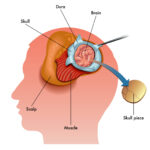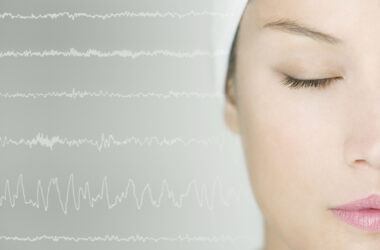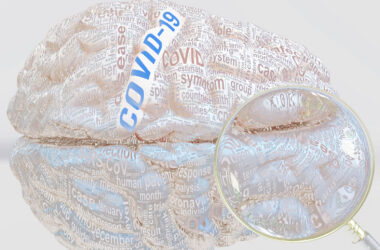Lots of thing can go wrong with the human brain. Like every other organ in the body, it can get sick or suffer from trauma.
If you have an acute condition, such as a brain aneurysm, you’ll need a neurosurgeon to repair it.
Brain tumors may require the attention of an oncologist. A chemical imbalance is often treated by a psychiatrist.
What if you don’t have a condition that needs treatment but you’re interested in keeping your brain healthy?
A growing number of studies point to exercise as a way of keeping the brain healthier into old age.
Here’s a rundown of two recent studies that could get you thinking about the role of exercise in brain health.
Aerobic Fitness Linked to More Efficient Brains
A 2015 Japanese study of brain scans highlighted the connection between cardiovascular exercise and brains that age well.
The study found that the brains of physically fit older men were nearly as nimble as those of younger people.
Previous studies have suggested the brains of older people, those past age 40 or so, had to work harder compared to younger people to complete certain mental tasks.
These conclusions were based on activity observed during brain scans. Older people’s brains needed to access more areas of the brain than did younger people.
For some tasks, younger people used only one side of the brain while both sides of the brain were engaged in older people.
The new study looked at brain scans of 60 men between the ages of 64 and 75. The men’s aerobic fitness was studied ahead of the test for mental acuity.
The results suggested the most physically fit men had brains that were nearly as efficient as the brains of young people.
The men who were less physically fit needed to use more of the brain to complete the mental exercises.
Build Better Brain Health by Pumping Iron
Many people have felt the positive effects of aerobic exercise on mood and mental clarity. It’s not just cardiovascular exercise that can lead to a healthier brain, though.
A study published in October 2015 looked at the effects of weight training on brains.
In the study, 155 women aged 65 to 75 engaged in a yearlong program of exercise.
Some of the women lifted weights twice a week, others lifted once a week and another group completed stretching and balance workouts each week.
The women who trained twice a week with light weights had fewer and smaller brain lesions than those who completed stretching and balance-training workouts.
Lesions in the brain’s white matter begin appearing in middle age and multiply and grow bigger with age.
Having numerous lesions has been associated with diminishing cognitive abilities including problems with memory.










